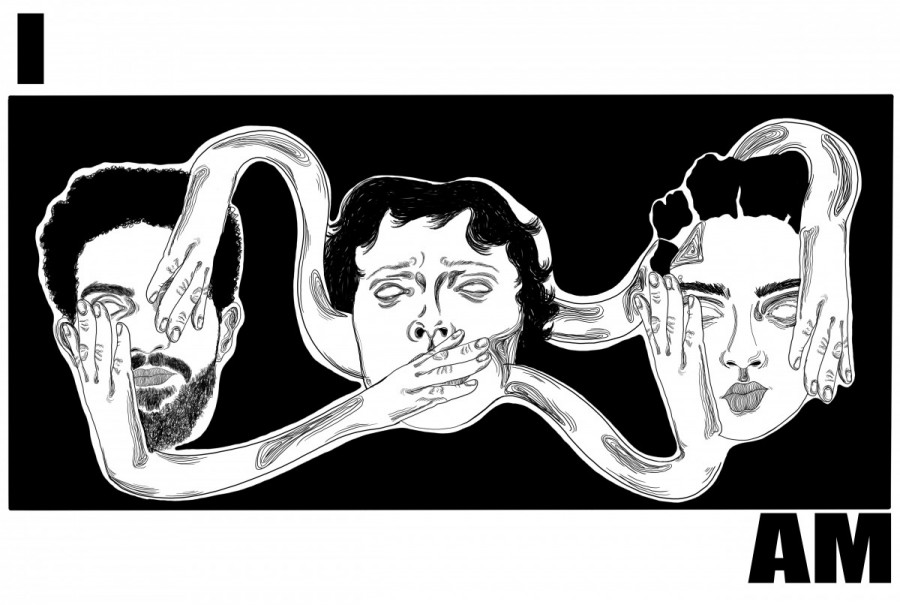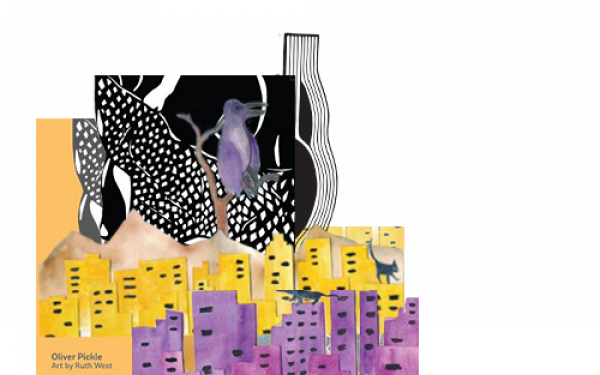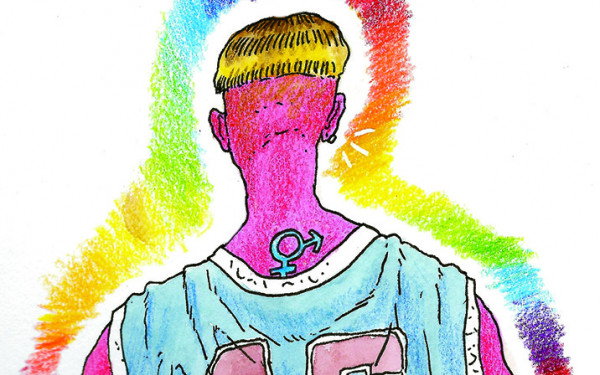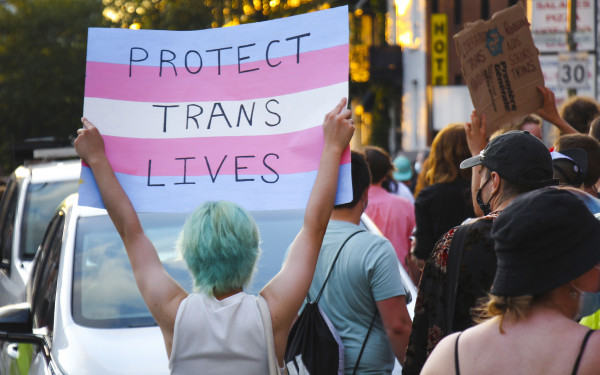I Am a Gay Man And I’m Tired of Dating Apps
Cis Gay Men Are the Weakest Link of the Queer Community
Over the years, I’ve made my rounds on the dating apps in Montreal: Tinder, Hinge, even the dreaded Grindr.
Coming from small-town Arkansas, the abundance of queerness in Montreal was a joy, albeit overwhelming at times. Being thrown into a sea of jargon and tacit rules on these apps was enough to make me delete them. But like many others, I always came back.
As a cis gay man, using these apps has allowed me to reflect on my relationship with my community. However, they have also revealed to me the way cis men like myself can often interact with other members of the queer community negatively.
While some may call me a self-hating gay for criticizing some of these problematic behaviours, we need to acknowledge that the fight for queer liberation is often sidetracked by cis gay (typically white) men without much critical insight.
This lack of insight stems from our proximity to heteropatriarchal structures, leading many gay men to see their queerness less as a part of a larger community and more an individual peculiarity.
For example, we could look at the case of marriage equality. While marriage became an issue that queer people of all identities fought for, it allowed for gay men to easily enter into a traditionally hetero-exclusive space—that of the traditional nuclear family. Rather than seeking to eschew capitalist and patriarchal pressures, cis gay men can easily assimilate rather than question these values due to our proximity to patriarchal structures.
Once gay men got this win, they neglected the needs of other members of the queer community, such as trans individuals struggling to get affirming healthcare. As evidenced by a 2020 report by Trans Pulse Canada, only 26% of the surveyed group of trans and non-binary individuals had all their affirming care needs met.
While many queer people see the community as home, survival and strength, some cis gay men see their queerness as an obstruction to joining the boys’ club—an attribute that can be removed by replicating the oppressive structures seen in heteronormative spaces.
In my experience, this attempt to replicate these structures happens most saliently on dating apps, particularly Grindr. Most shocking to me was a noticeable disdain for certain body types (including racialized bodies), ethnicities, and gender expressions. For some, their preferences become a list of what they are not looking for rather than what they are: no fats, no femmes, etc.
Furthermore, ascribing too much to rigid roles can often perpetuate the same sorts of binary thinking found in gender essentialism—the idea that gender carries strict prescriptive roles.
Heteronormative gender structures, like the dominant man and the obedient woman, are reflected in traditionally gendered roles: masculine and feminine, active and passive, top and bottom.
I find these rigid roles to be exclusionary tools even if occasionally pragmatically helpful. These terms ignore how gender expression and one’s sexual proclivities are not exclusively tied.
I don’t want my critique of a culture developed and sustained in the gay community to be taken as a total condemnation of these apps. I have also met some fantastic men and had great experiences. Still, I’m weary of the problematic norms that have become standard practice on these dating apps—body shaming, transphobia and racism to name a few.
These digital spaces became an extension of queer in-person spaces during the pandemic, for instance. Though at times they amplify some of the worst aspects of gay life, these apps are important for developing and exploring a community that may not be readily accessible. These apps need a shift towards a more encompassing idea of community: being open and welcoming to all under the queer umbrella.
Rather than seeking to separate ourselves from the rest of the queer community, gay cis men should see our wider part in the fabric of queerness by supporting members of the queer community that aren’t just gay cis men. We should acknowledge our proximity to patriarchal power and utilize this position to help rather than hinder the overall fight for queer liberation.
This article originally appeared in Volume 43, Issue 11, published February 7, 2023.







_600_375_90_s_c1.jpg)